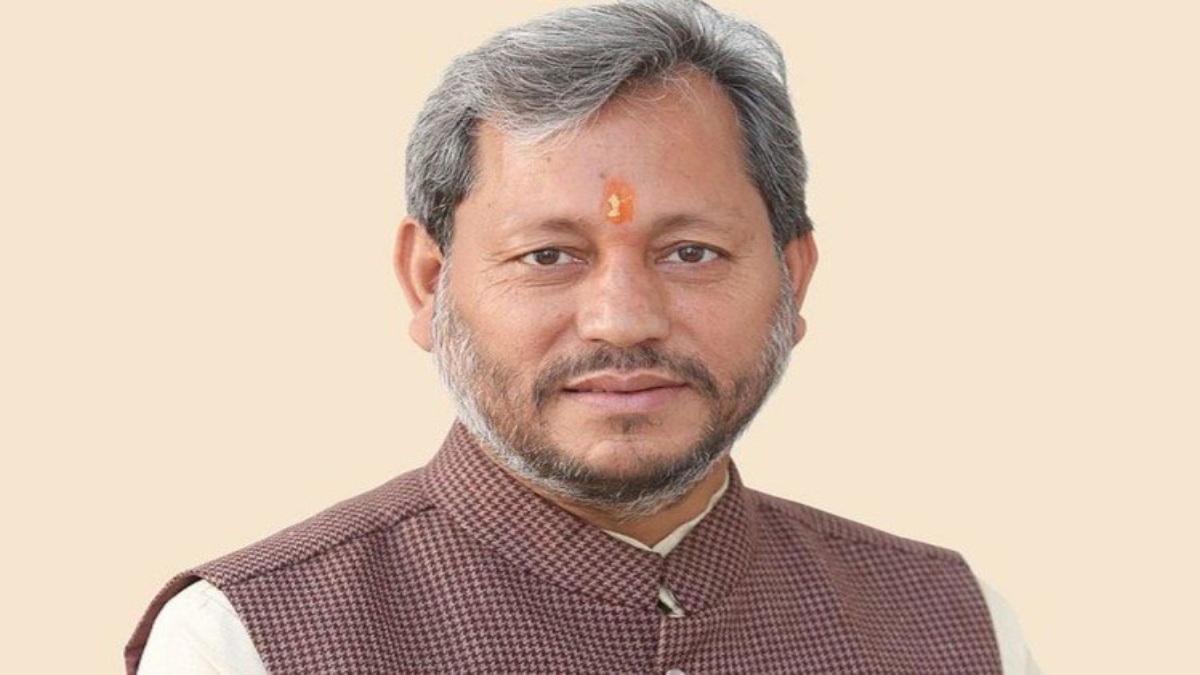Just a few days after his controversial statement on women wearing ripped jeans, newly appointed Uttarakhand Chief Minister Tirath Singh Rawat on Sunday made another goof-up as he said it was America that enslaved India for 200 years.
The Uttarakhand CM was lauding Prime Minister Narendra Modi’s leadership and the way India tackled the Covid-19 pandemic under him when he made the gaffe.
He then went on to say that America, which “enslaved us [India] for 200 years” is now struggling to fight the virus and has seen way more virus deaths than India despite having a lesser population and an advanced healthcare system.
“Jaha America ke 200 varsh take hum log ghulam the, pure vishwa ke andar uska raj tha, kabhi suraj chipta hi nahi tha yeh kehte the. Lekin aaj ke samay me wo dol gaya bol gaya, pone teen laakh se bhi mrityu dar chala gaya [Once we were enslaved by America for 200 years, it was ruling the entire world, it was said that the sun never set there. But at present, it is struggling, the death toll [due to Covid-19] has crossed grim milestones],” Tirath Singh Rawat said.
CM Rawat said that PM Modi’s efforts did save us from the virus and credited the public also for obeying to the Covid-19 norms and precautions that the prime minister had listed out such as wearing masks, using sanitisers and washing hands repeatedly.
Tirath Singh Rawat, who took oath as the new CM of Uttarakhand in Dehradun on 10 March, courted controversy soon after assuming office with his remarks on women wearing ripped jeans. He said that he was shocked to meet an NGO woman wearing ripped jeans while on a flight with kids.
Rawat said, “If such women go out in the society to meet people and solve their problems, what kind of message are we giving out to society, to our kids? It all starts at home. What we do, our kids follow. A child who is taught the right culture at home, no matter how modern he becomes, will never fail in life.”
“(Women) showing bare knees, wearing ripped denim and looking like rich kids These are the values being given now [at home]. Where is this coming from, if not at home?”























